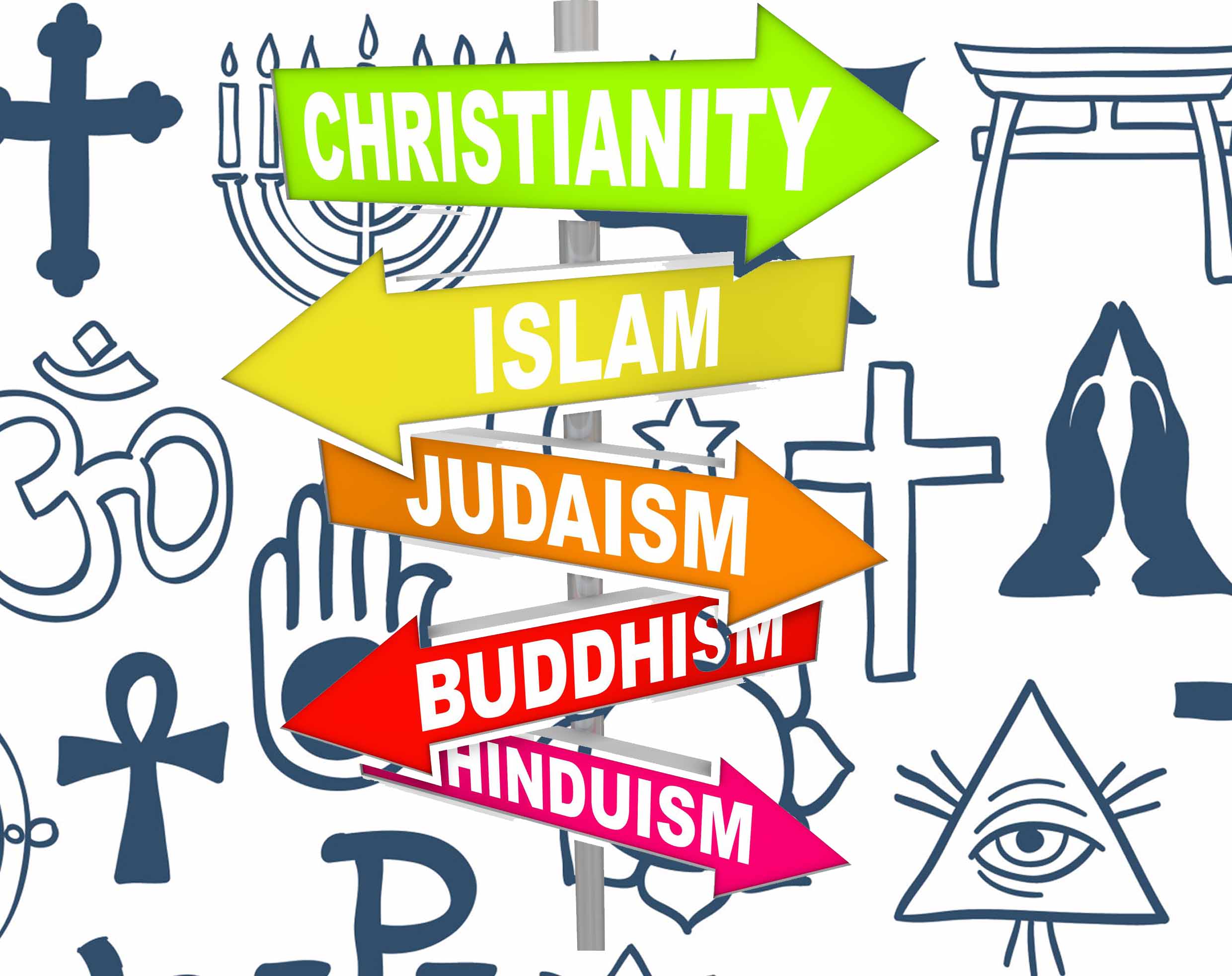Confucianism, Taoism and Shinto
Confucianism
Confucianism is described as a tradition, a philosophy, a way of governing, or simply a way of life. Confucianism developed from the teachings of the Chinese philosopher Confucius (551-479BCE).
The core value of Confucianism is humanistic, with particular emphasis on the importance of the family and social harmony. Confucianism rests on the belief that human beings are fundamentally good, teachable, improvable and perfectible. Confucian teachings focus on the cultivation of virtue and maintenance of ethics. Some of the basic Confucian ethical concepts and practices includes: ren (benevolence or humanness), yi-(righteousness) and zhi-(the ability to see what is right or fair) and Xin- integrity. Filial piety – respect for one’s parent and ancestors is another of key teachings of Confucius.
The Analects
The Analects (discourses or dialogues) is a collection of sayings by Confucius and his pupils pertaining to his teachings and deeds. It was probably put together by some of his pupils and their pupils between 475-221 BCE.
Confucius never claimed himself to be a prophet or a founder of a religion. He considered himself to be a gentleman. He believed in the original good nature of man. He made humanism the strongest driving force in China.
Taoism
Tao in Chinese literally means “The Way”. Taoism, also known as Daoism is religious and philosophical tradition of Chinese origin. It emphasizes living in harmony with the Tao. The three treasures of Taoism are: compassion, frugality and humility.
The roots of Taoism go back to at least to the 4th century BCE. The Tao Ching, a compact book containing the teachings attributed to Laozi (Lao Tzu) is widely considered the keystone work of the Taoist tradition, together with the later writings of Zhuangzi. Taoism is severe critic of Confucianism. It differs from Confucianism by not emphasizing rigid social ritual and social order.
Ethics
Taoism tends to emphasize various themes of the I Ching, the Tao Te Ching and Zhuangzi. Some of the concepts of Taoism are:
Tao or dao– literally means “way”, but also interpreted as road, channel, path, or doctrine.
Wu-weI-, Wu- is no action and wei is deliberate action.
The three treasures of Taoism are:
Pinyin – usually translated as compassion;
Jian – usually translated as moderation,
Bugan wei tianxia xian – usually translated as humility.
Taoism does not have a creator god. However different branches of Taoism often have lesser deities. These deities along with ancestors are worshipped by the followers of Taoism.
Under the T’ang dynasty (618-906CE) Taoism was strongly supported by the government. During this period Chinese Buddhists were persecuted by the Taoists.
Shinto or Kami-no-michi
Shinto is the traditional religion of Japan that focuses on ritual practices in order to establish a connection between the present-day Japan and its ancient past. The word Shinto was adopted from Chinese word shin do meaning a “path”. The word Kami in Japanese means “spirit “or” god”. Kami can manifest in rocks, trees, animals, plants and even people.
Shinto practices were first recorded and codified in written form in the 8th century CE. These writings do not refer to a unified religion, but rather to a collection of native beliefs and mythology. Nearly 80% of Japanese people participate in Shinto rituals of prayers and offerings to various deities housed in many Shinto shrines.



